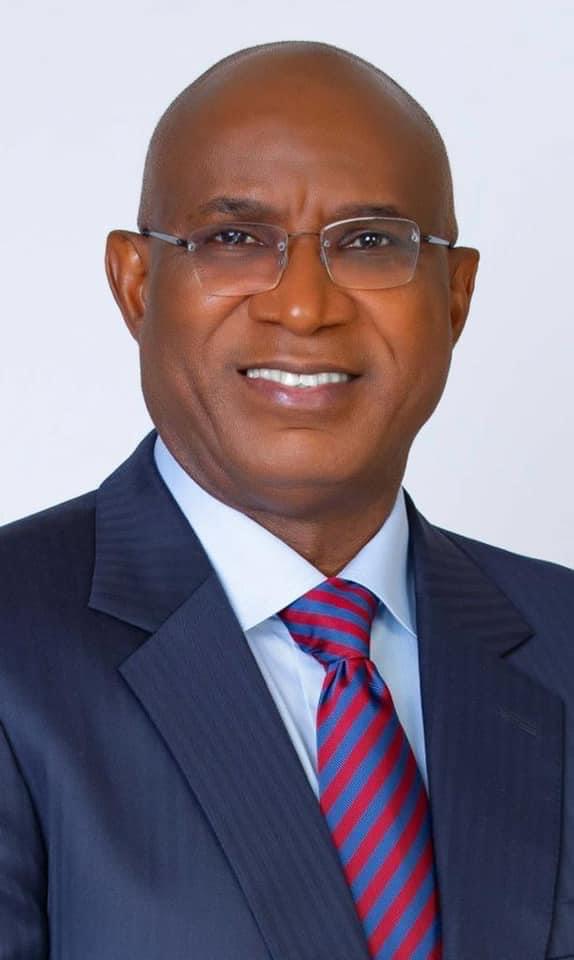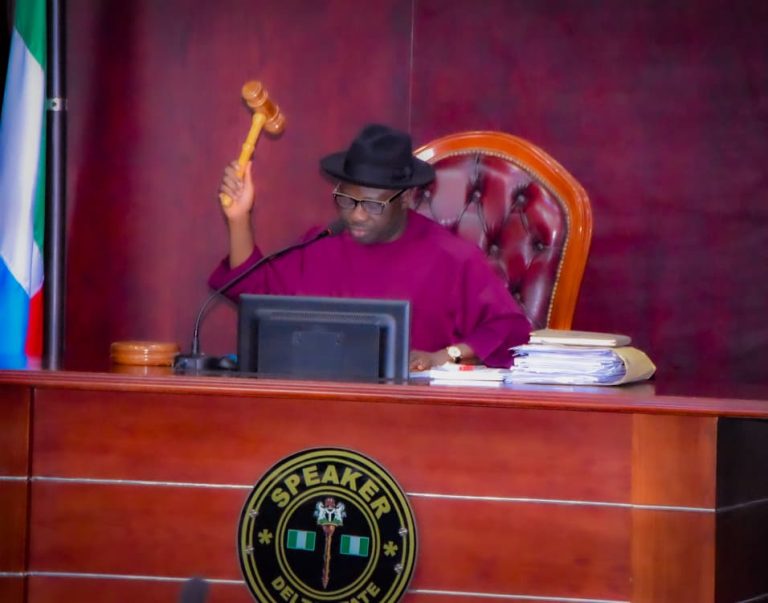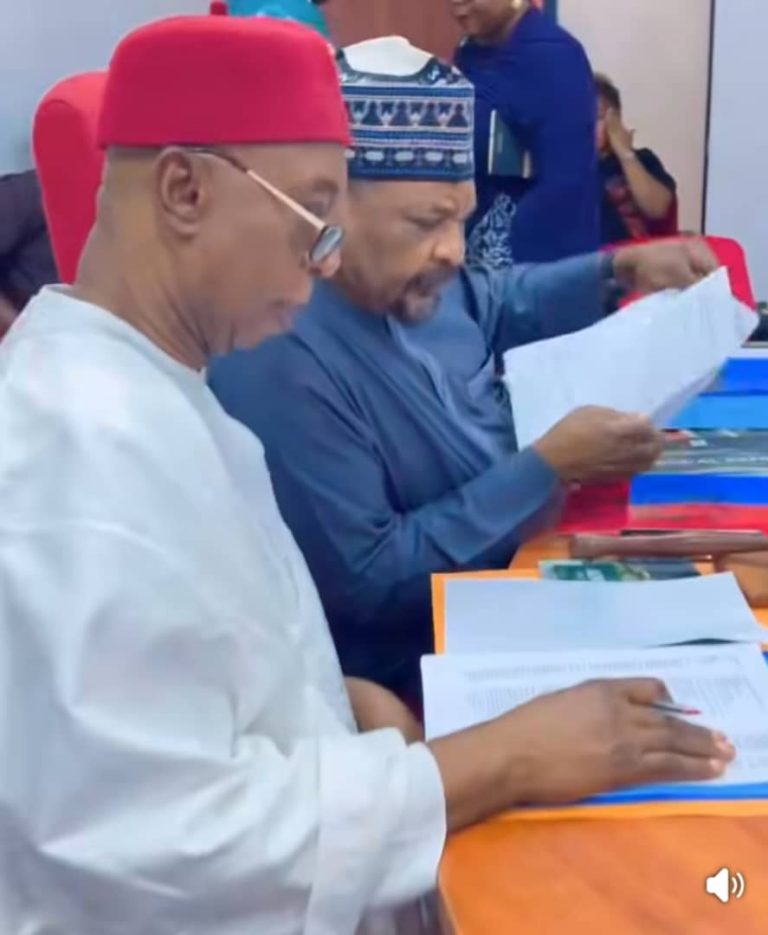
There is no absolute free market economy anywhere in the world as countries engage in degrees given their peculiarities and economic trajectory over time, and interestingly, it is one of the Asian tigers, Singapore, and not a Western economy that is ranked No. 1 globally as the freest economy.
Adam Smith, the father of modern economics, a precursor of classical economics, and a Scottish philosopher propounded this utopian doctrine that presupposes a market economy driven by the forces of demand and supply and an invisible hand that guides the outcomes of the market.
On the back of this, Senator Adams Oshiomhole had one of his finest moments at the Senate recently. Adams Oshiomhole’s eloquent delivery on the danger of wholesale application of the free market economy model on the floor of the house during the National Assembly, NASS, screening exercise of the CBN governor designate and his team-went viral, earned him accolades and respect because it resonated with the sincere concern of Nigerians, the state of the economy.
Oshiomhole exuded so much patriotism beyond party affinities, dispassionately called for creative approaches to solving our economic problems, and unambiguously marshalled reasons that African nations like Nigeria must tread with caution and minimize their risks about the spectrum of the laissez-faire tenets.
These are some relevant excerpts from Senator Oshiomhole’s text: “…I listen to everybody here and it seems we have all submitted to the so-called market forces and rely on the invisible hand of Adam Smith to regulate and determine the value of the Naira … I think there is the need for a complete rethinking outside the box.
When the West celebrates our free market, no control and so on, I am always suspicious. When they clap for us that we are doing the right thing- the state is withdrawing, less regulation, at a time when we can see that turn of world trade, nation states are negotiating with other nation states to have specific trade relationship…In those days, government under the policy of backwards integration, prohibited manufacturers from importing certain items, even some textile fabrics were prohibited because the game of competition presupposes equality and a level playing field.
You cannot ask a feather weight champion to go and engage a heavy weight champion in the name of competition. Nigeria needs specific tools to protect her industries at home and not pretend that a man with one leg can compete in a race with a man with two legs. We need a complete radical shift. We don’t need the West to plan for us, we need Nigerians to plan for us. We need to interrogate our assumptions and ensure we are not copying Washington and all these international financial capitals. It is there interest, there is no such thing as a common interest… If this president must deliver on the renewed hope, he must device new tools away from the invisible market hands o visible hands that must be held responsible and accountable for our collective future”
The mere contemplations of this theory stir a revolt that it is the sole preserve of seasoned economists and subject matter experts but, Tinubunomics inclines towards a free market economy model and in the broader sense of it, the assumptions of a free market economy include, but not limited to free enterprises which encapsulate a free and open trade system, unhindered private ownership of property, competition, consumer sovereignty, profit taking, economic freedom, absence or limited Government Interference, .etc.
Over time, this economic proposition comes as an antidote for most development woes confronting third-world nations, Africa and Nigeria in particular, such that global monetary institutions, international donors and development agencies often demand this as preconditions to access loans, grants and other interventions.
It was constraints like these that birthed Austerity Measures during the Shehu Shagari administration, and prominently, the Structural Adjustment Program, SAP, under the regime of Babangida, but the outcomes were disastrous – wiping out the middle class, killed local industries, shut up interest rates, skyrocketed inflation and the economy damaged irretrievably till date.
Although African economies exhibit propensities of incessant political instability, massive corruption, weak market structure, no accountability, absence of transparency and sincerity of purpose, and such economies are expected to be thrown open to the vagaries of a free market model? So, the prerequisite conditions for super-imposing such market-driven economic doctrine are absent such that further imposition is fallacious, unrealistic and a deliberate act of enshrining poverty in the continent.
It will shock you that Nigeria’s most beloved model and one of the largest and most vibrant economies in the world, the United States, is ranked number 25th among the nations that practice the free market model, our colonial imperialist, the United Kingdom, is ranked 28th, France 57th, and Germany 14th, not to talk about the second largest economy in the world, China which is a closed economy, so, how can you fault the submission of Adams Oshiomhole?
For a country whose citizens live on below $1 daily, the consumer pricing index is threateningly high, unemployment is endemic, hundreds of manufacturing concerns are folding up, poverty is unabated, and there are no social security nets yet, this government tilts towards having a greater degree of a laissez-faire model in a dollarized economy. No doubt, these economic vaccines from the World Bank, IMF and international financial donor agencies are prescriptions that will bury most African economies.





